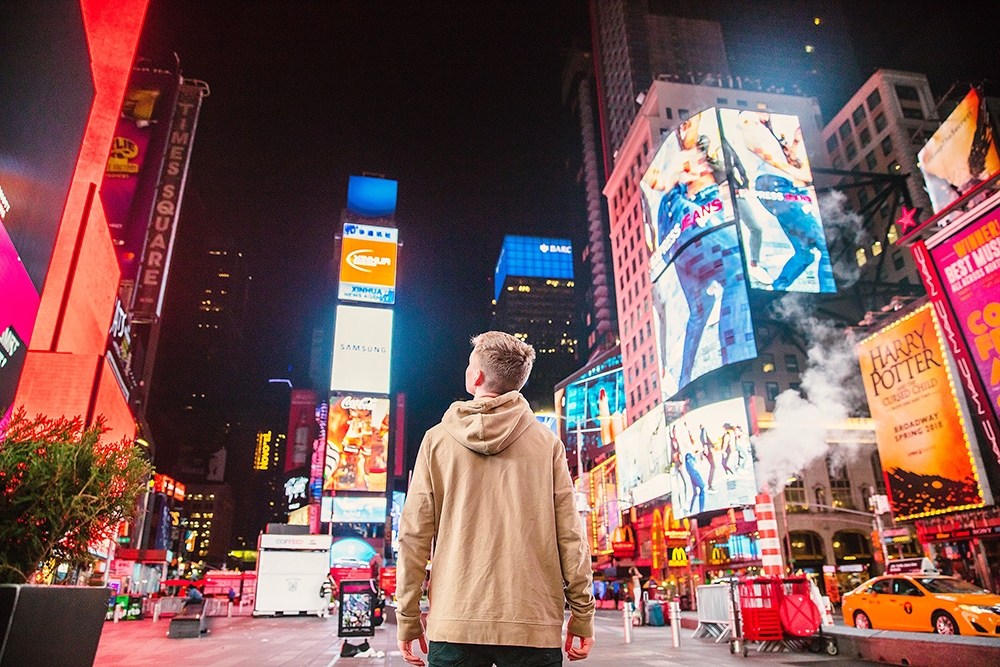Vladimir Putin suggests country has weathered worst of pandemic, but virus not yet in retreat
At a trendy wine and tapas bar in central Moscow, the official rules mean that customers are supposed to be kept 1.5 metres apart.
But each day, officials from the local city administration headquarters around the corner squeeze into tightly packed tables, and sit shoulder-to-shoulder for lunch.
“If they don’t follow the rules, then I guess nobody needs to,” says Anton, the head waiter, as he gestures to a veranda busy with people sipping white wine as dusk settles. He shrugs. He is the only person on the premises wearing a face mask.
Ever since the mayor of Russia’s capital hastily lifted coronavirus quarantine rules six weeks ago in order to allow President Vladimir Putin to conduct a national vote on a new constitution on July 1, Muscovites have taken that proclamation to heart.
Bars buzzing with drinkers and packed rush hour metro trains illustrate a city taking little notice of a pandemic that is still stubbornly refusing to retreat, with Moscow recording about 600 new Covid-19 infections daily out of about 6,000 nationwide.
Cafés and bars are busy, despite Moscow recording about 600 new Covid-19 infections daily © Alexander Nemenov/AFP/Getty
Having rapidly manufactured a sense of calm in order to hold Mr Putin’s vote — which granted him the right to remain in office for 12 years longer than previously — the Kremlin is now pinning its hopes on a fast-tracked coronavirus vaccine as a means to stop the virus from continuing to spread through its population and inflicting further damage on its struggling economy.
Designed in a state-run disease laboratory and financed by the country’s national wealth fund, Russia’s most promising vaccine prototype is being rushed through clinical trials in a bid to begin mass production next month and start inoculating its population in the autumn.
About 50m Russians — or a third of the population — could be vaccinated “in the near future”, Kirill Dmitriev, chief executive of the Russian Direct Investment Fund said this week. Mr Dmitriev believes Russia may completely inoculate its population by early 2021, a move that “could possibly stop a potential second wave of the pandemic” in the country.
“We are just focused on selecting the best technology and fast tracking it and basically giving it sufficient speed,” Mr Dmitriev told the Financial Times.
“The Russian mentality is let’s try to get whatever works first and get it moving,” he added. “But again, we’re so confident that I injected this into myself.”
The clamour for a Russian vaccine has gathered speed in recent weeks as the country’s total infections and deaths continue to grow.
While the number of new cases recorded daily has fallen from a peak of 11,700 in mid-May, Monday was the first day in almost three months that the country recorded fewer than 6,000 new infections. Official government data show almost 800,000 people have been infected, the world’s fourth highest after the US, Brazil and India.
While the UK, US, China and others have many potential vaccines in development, Moscow’s eagerness for rapid inoculation is heightened by the sense of indifference towards Covid-19 that has taken hold across Russia’s population, a nonchalance that was fuelled by Mr Putin who first called for an easing of national quarantine measures the day after Russia recorded its highest daily increase in infections.
Mr Putin’s eagerness to adopt rhetoric suggesting that Russia had weathered the worst of the pandemic stemmed from a desire to both protect his own position and minimise economic damage.
The clamour for a Russian vaccine has gathered speed in recent weeks as the country’s total infections and deaths continue to grow © Andrey Rudakov/Bloomberg
His trust ratings fell to a historic low in April, according to Levada Center, an independent pollster, increasing his desire to ram through the new constitution guaranteeing his presidency past 2024 in the national vote.
A hasty reopening was also critical to get Russia’s economy moving again. Already hurt by the fall in oil prices this spring that left a $40bn hole in budget revenues, gross domestic product is forecast to fall by at least 6 per cent this year.
Since the pandemic began, registered unemployment in Moscow has risen 6.5 times. On Tuesday, Russia’s finance ministry proposed a 5 per cent cut to the country’s military budget between 2021 and 2023, and cut civil servant wages by 10 per cent. The Kremlin has delayed a $360bn spending plan by six years.
Recommended
“The economy is definitely not back on track,” said one foreign ambassador in Moscow. “Getting hold of an effective vaccine seems to be the bet they are making.”
Of the public health rules that still remain in theory, few are being enforced. Moscow’s official guidance states that masks and gloves are “necessary in public places” and signs on the doors of supermarkets declare that no one can enter without wearing both. But few among the grocery aisles are complying.
When Andrei reopened his beauty salon in central Moscow last month, he decided to keep all the window blinds closed. He told the FT it was easier than working out how to give a makeover to someone wearing a mask.
“That way if a policeman wanders past, they would not be able to see everyone inside who is not,” he said with a smile.
Latest coronavirus news
Follow FT’s live coverage and analysis of the global pandemic and the rapidly evolving economic crisis here.

